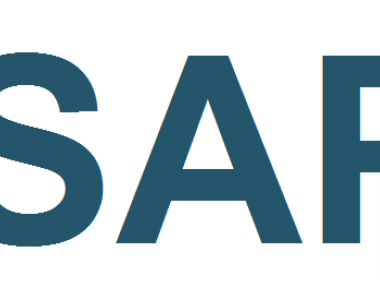SAPHIRE – A device for online optical inspection
Improving the production quality and efficiency of pharmaceutical tablets and capsules by developing an innovative, multimodal and fully integrated in-line optical inspection device.
Project subject:
The SAPHIRE project (Smart multimodal Analysis for Pharmaceutical products Inspection in Real Industrial Environment) aims to improve the production quality and efficiency of pharmaceutical products by integrating one (or several) module(s) into production lines that are capable of:
- Detecting faults
- Checking moisture content
- Measuring coating thickness and the chemical composition of compounds.
This combination of the most advanced photonic sensors and innovative data analysis methods will improve pharmaceutical production quality, including defect detection, moisture content control, coating thickness and the chemical composition of compounds.
Partner interest is motivated by the industrial need for an innovative device capable of meeting the requirements of pharmaceutical regulatory agencies. The quality control (QC) of raw materials, including the active pharmaceutical ingredient (API) and excipients, and all intermediate and final products, is one of the main tasks of quality control units across the drug manufacturing industry. Effective QC tools are therefore powerful engines that ensure a smooth production process and customer safety.
Today, pharmaceutical production is based on a batch process. At each stage of production (granulation, compression, coating, etc.), the batch is stopped in order to carry out QC tests. If the Acceptable Quality Level (AQL) passes, the lot is allowed to continue the manufacturing process.
Typically, a lab takes 20-30 days to produce a batch, and 95% of the elapsed time is wasted while waiting for AQL results. To maintain existing production in Europe and also to relocate Asian production to Europe, the European pharmaceutical industry must undergo a huge transformation to increase its production performance and must move from batch production to a continuous manufacturing process.
Several production machines already exist to transform production in this way; however, there remains one major problem: how does one perform continuous AQL during the manufacturing process?
The partners' objective is to help the pharmaceutical industry enter this new production area by meeting regulatory expectations based on new technologies. We will develop a multimodal sensor for the next generation of in-line pharmaceutical inspection of pharmaceutical. Thanks to the combination of advanced photonic technologies based on Raman spectroscopy and Terahertz Time-Of-Flight (THz TOF), the sensor will permit online monitoring of the following parameters:
- Moisture content (THz)
- Thickness and density of the tablet coating (THz TOF)
- API chemical composition (Raman spectroscopy)
Through the use of advanced data analysis, sorting will be done in tens of milliseconds per product, which is consistent with production efficiency in this industry.
These developments will have direct applications in the pharmaceutical industry, but they will also have a positive impact in other markets where inspection lines are required.
ALPhANOV’s role:
As part of this project, ALPhANOV will develop and supply a RAMAN spectrometer as well as interfaces and electronic modules enabling the control, dialogue and data transfer of the spectrometer. The RAMAN spectrometer will be integrated into the conveyor, where tests will be carried out to validate the spectrometer in real conditions.
The SAPHIRE project will allow ALPhANOV to start developments on RAMAN spectroscopy modules. Ultimately ALPhANOV hopes to apply or transfer this technology to other non-destructive testing applications.
Partners:
Funding:
Eurostars
